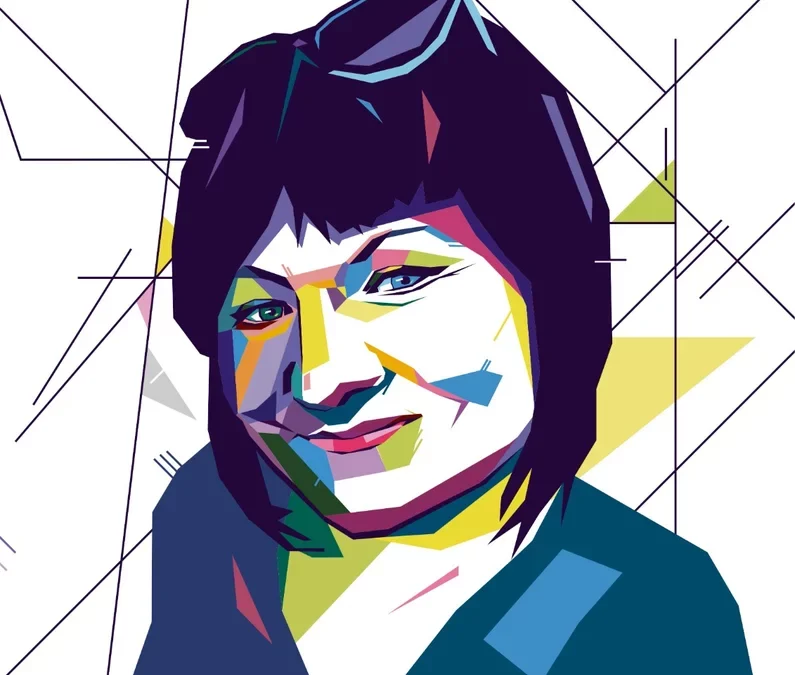What is the situation like for human rights defenders, working on business-related human rights issues in Kazakhstan? Are there sufficient protections for HRDs?
We work within the labor [legislation] field. We solve problems in courts by means of communication with state authorities. Practice shows that employers do not make contact before the trial. The conciliation commission does not always make a decision that would satisfy the employee. It is more effective for us to go to court.
What are the greatest risks human rights defenders are currently facing? Has the situation improved or worsened over the last five years? Has it changed during COVID-19, and if so how?
We have learned how to work with Government agencies by means of correspondence. If it does not work, we appeal to the Prosecutor’s Office. There is no pressure right now. The situation has improved over the past three years.
Can you tell us more about your work on business and human rights?
We deal with all issues related to workers, up to housing issues. The cases are very different.
Can you share the kinds of threats and attacks you have experienced as a result of it? How were companies involved in this?
In 2018, criminal cases were opened against our trade union leaders when hundreds of miners went on strike underground. According to the statement of ArcelorMittal Temirtau, a civil case was initiated against the leaders, later they withdrew their claim. In my opinion, a well-written review of the lawsuit influenced their decision.



Recent Comments